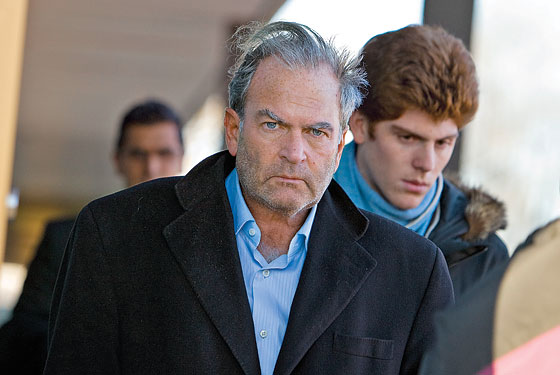my parents were the first people in their families to finish high school and go to college.
for dad to finish high school, his older sisters had to drop out of school and go to work so they could support his studies. mom finished high school, but didn't go to college until years later, when dad had finished getting his degree here in the US. by then, k and i were already in grade school.
we immigrated to the US when i was 6 and k was 2. i often ask myself why we moved to the US. dad tells me it's because he wanted to provide a better life for his family, which is why he decided to apply to schools in the US. although it still stumps me why he happened to apply (and get accepted) to a university in one of the most intolerant and fundamentally religious states in the continental US, because that was probably not the best start to a better life for his family.
our first eight years in the US weren't really the better life dad envisioned. we scraped by on the grace of the Salvation Army, food stamps, the National School Lunch Program, ramen noodles, inexpensively priced overripe bananas, boiled potatoes wrapped in foil so we could take it with us whenever for when we needed a snack, and roadtrip vacations sleeping in our woody station wagon at inexpensive campgrounds.
when mom would get mad at dad over some perceived infidelity that happened over 10 years ago, it would start with yelling. when dad wouldn't respond, she'd throw things. usually dinner. and when that didn't get a rise out of him, she'd start to throw dishes and appliances. i always knew the outcome of those fights. inevitably, she would kick dad and me out of the small cinderblock box that the university called graduate housing. dad and i would spend what my small child-brain thought were weeks but were in reality probably mere days showering at the university gym and sleeping and studying at the university library.
the university library had a small selection of childrens books, Highlights, and Jack and Jills, so while dad studied, i read and reread every single child's book i could find. my favorite story was the one of pocahontas. not the real story of pocahontas, because if i had known of the crappy things that the white people did to the brown people-that-lived-in-North-America-before-white-people-came-and-screwed-things-up and how women were treated like property, i would have probably felt differently about pocahontas.
the story that i read and reread was of the indian chief's daughter who falls in love with a white person, marries him, goes back to his country where she meets the queen and is a success, thereby sticking it to the man. it was a girl empowerment book full of adventure and romance. for a chinese girl who barely spoke english and was ridiculed for her accent and clothes, it embodied the american dream.
 Asked which tattoo is his favorite, [Nate Robinson] hesitates. Then, pointing to a leg, he says, “Well, I like this one down here. It’s brand-new.”
Asked which tattoo is his favorite, [Nate Robinson] hesitates. Then, pointing to a leg, he says, “Well, I like this one down here. It’s brand-new.”






